How Much Longer Until The Utopic Solarpunk Future Where Capitalism Is Dead And We All Live In Ecologically
How much longer until the utopic Solarpunk future where Capitalism is dead and we all live in ecologically sustainable high-tech forest cities? Asking for a friend.
More Posts from Green-notebooks and Others

FTA: “Kenya installs the first solar plant that transforms ocean water into drinking water, and it could be the solution to the global lack of water
The Earth is a watery place. In fact, 71 percent of our planet is covered in water [1]. Despite this, one in nine people do not have access to safe drinking water – that’s around 785 million people [2].
The trouble is, 96.5 percent of all Earth’s water is found in the oceans in the form of saline water, and is not drinkable for humans. That only leaves us with rivers, lakes, and groundwater to satisfy our water needs [1].
According to the World Economic Forum, the global water crisis ranks as the number four risk in terms of impact on society [3]. Let’s face it – humans need water to survive.
If you’re reading this from Canada or the United States, you may not understand this crisis on a personal level. After all, you can turn on a tap and have safe drinking water instantly start flowing from the faucet. This, however, is not the case for billions of people living on other continents. One NGO (Non-Government Organization) is trying to change that.
GivePower
Give Power’s mission is to install solar energy technologies that will bring essential services to developing communities in need [4]. Their most recent break-through project installed a solar-powered desalination system to bring clean, healthy water to the people in Kiunga, a rural village in Kenya [4].
With this technology, the salty ocean water will now be a viable source of water for the people living in this village. The system is capable of producing about 70 thousand litres or drinkable water every day, which is enough for up to 35 thousand people [4].”
GivePower
Do note that they are not yet rated on Charity Navigator
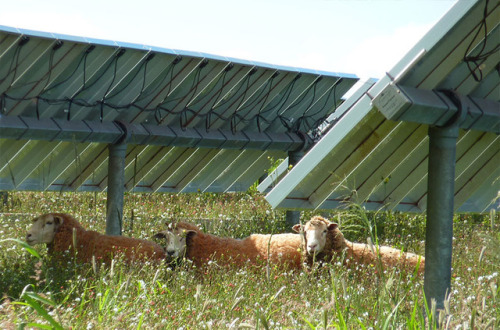
Neglected pastures thrive under solar panels
Solar panels could increase productivity on pastures that are not irrigated and even water-stressed, a new study finds. The new study published in PLOS One by researchers at Oregon State College finds that grasses and plants flourish in the shade underneath solar panels because of a significant change in moisture. The results bolster the argument for agrovoltaics, the concept of using the same area of land for solar arrays and farming. The idea is to grow food and produce clean energy at the same time.

Earth is truly healing
Same money live greener
Easy switches to save money and the planet
Try to buy everything secondhand, or receive 2nd hand goods, this will save your wallet and will do no harm to the planet
Make thrift shops your main shops, you can find anything from clothes to appliances to furniture
Buy only what’s necessary new, so think things like socks, undies and tennis shoes
Do you have an empty jam jar? Boom, automatic glass jar for dry goods
Try upcycling your old possessions you are bored of but can’t let go of
Buy measured amounts of dry goods, especially if you know you will only need so much for a recipe
Try growing your own food for fun, sometimes you can score free seeds from farmers, your local arboretum, or from produce you already have.
Do you have any other thoughts or ideas on cheap zero wasting? Leave them in the comments!!
Tiny Houses in Urban Context
I’ve seen a lot of really great tiny home designs, and I’ve seen a lot of love from other people for those designs as well. They combine a small space, perfect for one or two people, that usually only apartment buildings design for, with the benefits of having a detached home, with a yard, and windows on all sides for more natural light.
What I don’t see is a whole lot of context, least of all in an urban neighborhood environment. These houses are often pictured in an open grassy, or forested space, which is nice for some people I’m sure, but there are lots of people who would prefer to live in a city, in pedestrian and transit friendly areas, rather than in the middle of nowhere, where you’d have to use a car to get everywhere.
There already exists an urban context for tiny homes, but due to restrictive zoning, it’s not commonplace in most cities in the U.S.
They’re called Bungalow Courts, or sometimes Cottage Courts, and basically it’s where you take two adjacent lots, and rather than having one large single-family-house per lot, you have around 3 or so tiny houses per lot, all facing a shared space in the center.

All this takes up the same space as two city lots, which are usually zoned to only allow one house per lot. But not everyone wants, or can afford a large house, so Bungalow Courts would be a perfect fit in a lot of neighborhoods that currently lack a lot of housing diversity for a range of wants and needs.



Anyway, I just thought I’d share, because I think this a really neat concept that should be allowed more places. I’d think I’d like to live in a Bungalow Court; I like the idea of having a house to myself, but I don’t need much space, and I don’t want a huge yard to maintain.
In order to make this legal to build out, zoning would need to be changed to allow 3-4 units of housing to be built on lots currently restricted to only 1 unit of housing. A big contributing factor to rising housing costs has been the over-favoring of single-family houses on large lots since the end of WWII, so not enough units of housing are being built in many cities to keep up with demand.
Legalizing more “missing middle housing” like Bungalow Courts in single-family-house-neighborhoods would help cities incrementally keep up with demand, in a way that fits nicely into existing neighborhoods.
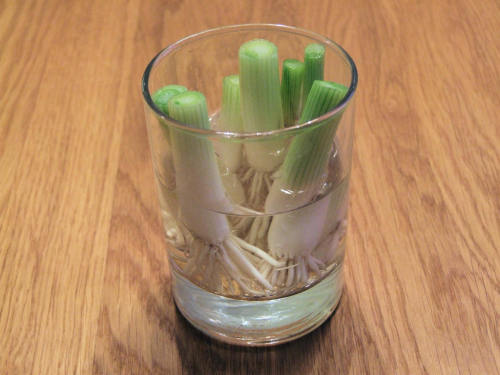
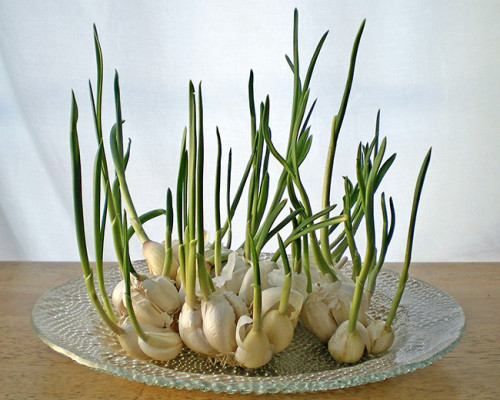
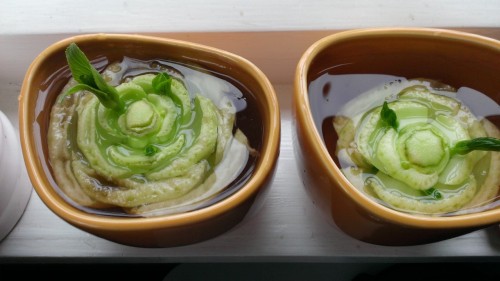
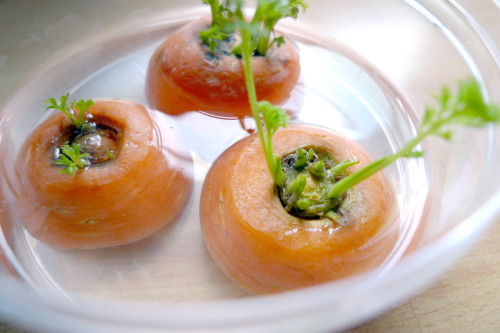
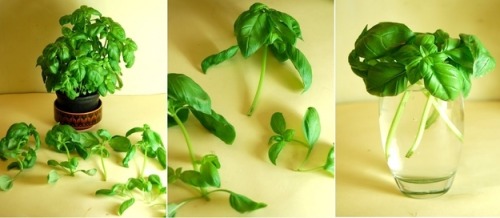

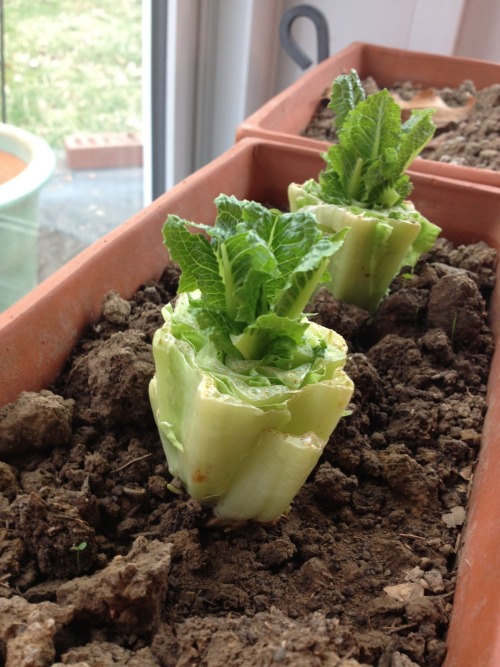
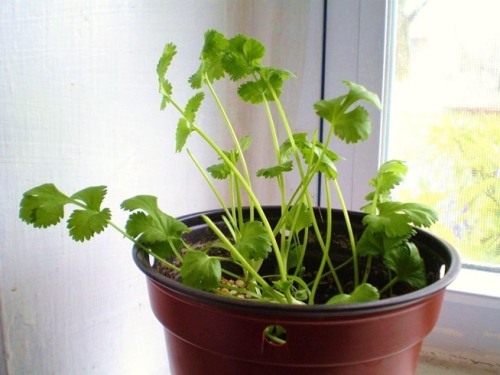
8 vegetables that you can regrow again and again.
Scallions
You can regrow scallions by leaving an inch attached to the roots and place them in a small glass with a little water in a well-lit room.
Garlic
When garlic begins to sprout, you can put them in a glass with a little water and grow garlic sprouts. The sprouts have a mild flavor than garlic and can be added to salads, pasta and other dishes.
Bok Choy
Bok choy can be regrown by placing the root end in water in a well-lit area. In 1-2 weeks , you can transplant it to a pot with soil and grow a full new head.
Carrots
Put carrot tops in a dish with a little water. Set the dish in a well-lit room or a window sill. You’ll have carrot tops to use in salads.
Basil
Put clippings from basil with 3 to 4-inch stems in a glass of water and place it in direct sunlight. When the roots are about 2 inches long, plant them in pots to and in time it will grow a full basil plant.
Celery
Cut off the base of the celery and place it in a saucer or shallow bowl of warm water in the sun. Leaves will begin to thicken and grow in the middle of the base, then transfer the celery to soil.
Romaine Lettuce
Put romaine lettuce stumps in a ½ inch of water. Re-water to keep water level at ½ inch. After a few days, roots and new leaves will appear and you can transplant it into soil.
Cilantro
The stems of cilantro will grown when placed in a glass of water. Once the roots are long enough, plant them in a pot in a well-lit room. You will have a full plant in a few months.

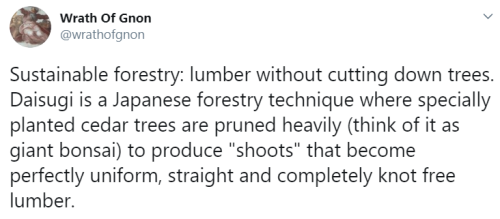
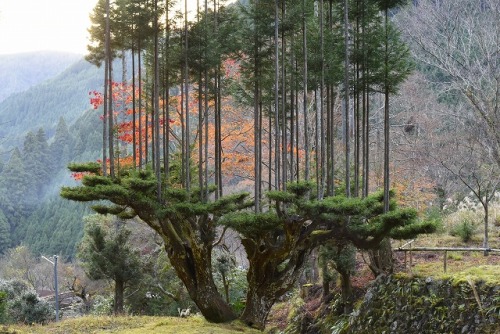


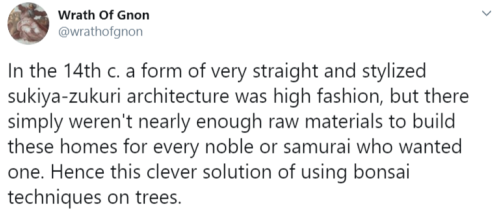
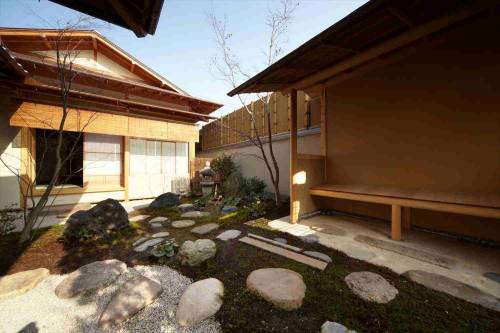


Shoutout to the people that work back breaking labor jobs so we can eat. Nothing but respect for them.
-
 littlethingspileup liked this · 1 week ago
littlethingspileup liked this · 1 week ago -
 techrefs reblogged this · 1 week ago
techrefs reblogged this · 1 week ago -
 somanytoremember liked this · 1 week ago
somanytoremember liked this · 1 week ago -
 steppentime reblogged this · 1 week ago
steppentime reblogged this · 1 week ago -
 steppentime liked this · 1 week ago
steppentime liked this · 1 week ago -
 bumblebeeappletree reblogged this · 1 week ago
bumblebeeappletree reblogged this · 1 week ago -
 reblogcentral4 reblogged this · 4 weeks ago
reblogcentral4 reblogged this · 4 weeks ago -
 kelvari liked this · 1 month ago
kelvari liked this · 1 month ago -
 fuckoffcreeps reblogged this · 1 month ago
fuckoffcreeps reblogged this · 1 month ago -
 gemstar42 reblogged this · 1 month ago
gemstar42 reblogged this · 1 month ago -
 spinejackel liked this · 1 month ago
spinejackel liked this · 1 month ago -
 lambofdawn reblogged this · 1 month ago
lambofdawn reblogged this · 1 month ago -
 colourfromtheheart liked this · 1 month ago
colourfromtheheart liked this · 1 month ago -
 basementofthearchmage reblogged this · 1 month ago
basementofthearchmage reblogged this · 1 month ago -
 basementofthearchmage liked this · 1 month ago
basementofthearchmage liked this · 1 month ago -
 balatronattire liked this · 1 month ago
balatronattire liked this · 1 month ago -
 nuclearfarmcore reblogged this · 1 month ago
nuclearfarmcore reblogged this · 1 month ago -
 silverrocketship reblogged this · 1 month ago
silverrocketship reblogged this · 1 month ago -
 hopeadintrum reblogged this · 2 months ago
hopeadintrum reblogged this · 2 months ago -
 mabl reblogged this · 2 months ago
mabl reblogged this · 2 months ago -
 selkiieghost liked this · 2 months ago
selkiieghost liked this · 2 months ago -
 tetsuro--kuroo reblogged this · 2 months ago
tetsuro--kuroo reblogged this · 2 months ago -
 temple-of-uni reblogged this · 2 months ago
temple-of-uni reblogged this · 2 months ago -
 cynicalsushiroll-blog reblogged this · 2 months ago
cynicalsushiroll-blog reblogged this · 2 months ago -
 lee-romee reblogged this · 2 months ago
lee-romee reblogged this · 2 months ago -
 crispygarlick liked this · 3 months ago
crispygarlick liked this · 3 months ago -
 everythingisliminal liked this · 3 months ago
everythingisliminal liked this · 3 months ago -
 sylviadundles liked this · 3 months ago
sylviadundles liked this · 3 months ago -
 hobohobgoblim liked this · 3 months ago
hobohobgoblim liked this · 3 months ago -
 ackthemusical reblogged this · 3 months ago
ackthemusical reblogged this · 3 months ago -
 ackthemusical liked this · 3 months ago
ackthemusical liked this · 3 months ago -
 andikeepholdingon reblogged this · 3 months ago
andikeepholdingon reblogged this · 3 months ago -
 meetthemenagerie liked this · 3 months ago
meetthemenagerie liked this · 3 months ago -
 goats-advocate liked this · 3 months ago
goats-advocate liked this · 3 months ago -
 goats-advocate reblogged this · 3 months ago
goats-advocate reblogged this · 3 months ago -
 lillys-shadow reblogged this · 3 months ago
lillys-shadow reblogged this · 3 months ago -
 kerovousphoto liked this · 3 months ago
kerovousphoto liked this · 3 months ago -
 dillonysus reblogged this · 3 months ago
dillonysus reblogged this · 3 months ago -
 dillonysus liked this · 3 months ago
dillonysus liked this · 3 months ago -
 sablescribbles liked this · 3 months ago
sablescribbles liked this · 3 months ago -
 butchwizard liked this · 3 months ago
butchwizard liked this · 3 months ago -
 skelly-swears reblogged this · 3 months ago
skelly-swears reblogged this · 3 months ago -
 cryptidtheism reblogged this · 3 months ago
cryptidtheism reblogged this · 3 months ago -
 cryptidtheism liked this · 3 months ago
cryptidtheism liked this · 3 months ago -
 king-of-tragedy reblogged this · 3 months ago
king-of-tragedy reblogged this · 3 months ago -
 king-of-tragedy liked this · 3 months ago
king-of-tragedy liked this · 3 months ago -
 muertedelafiesta liked this · 3 months ago
muertedelafiesta liked this · 3 months ago -
 sweatbabyprincess liked this · 3 months ago
sweatbabyprincess liked this · 3 months ago -
 warweaselsdelight liked this · 3 months ago
warweaselsdelight liked this · 3 months ago -
 thy-rileson liked this · 3 months ago
thy-rileson liked this · 3 months ago